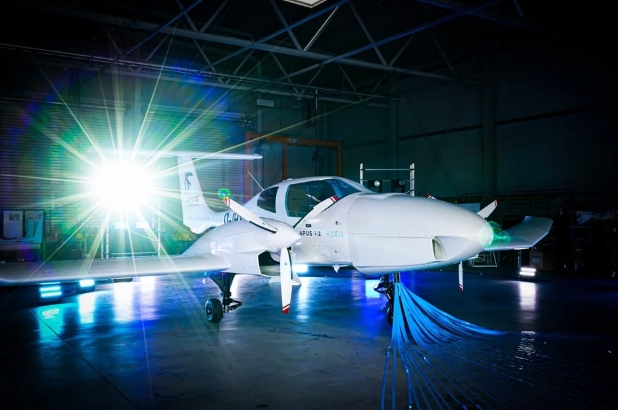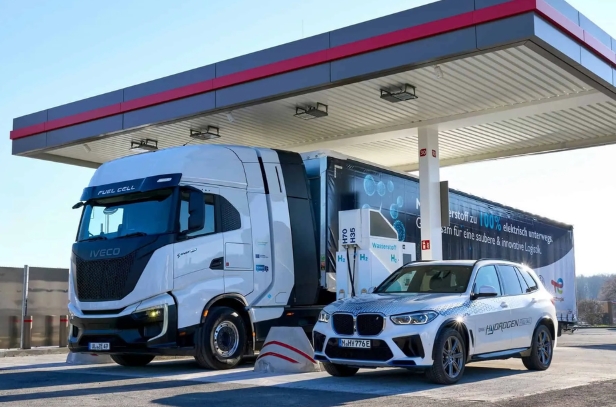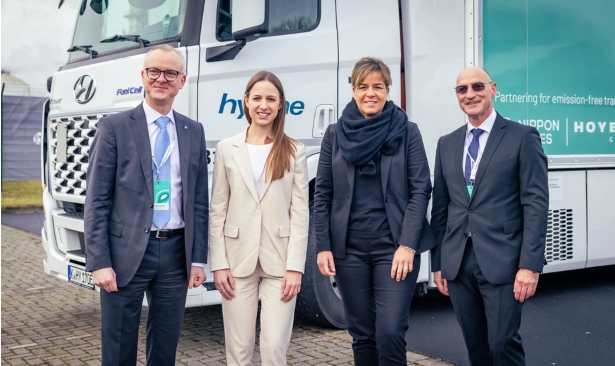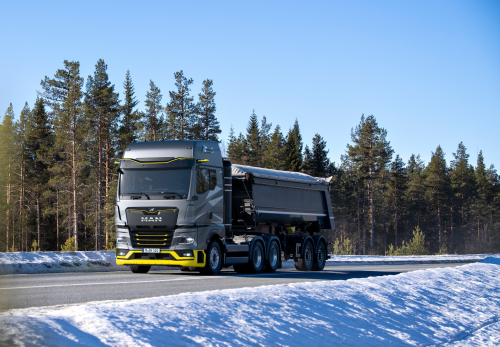
APUS Zero Emission GmbH, based in Strausberg, has been placed under provisional insolvency administration by the Frankfurt (Oder) District Court. This move comes as the company faces challenges in sustaining its operations amid a slow shift towards alternative energy forms in aviation. The court aims for either an orderly continuation or liquidation of the company.
The company, which has been at the forefront of developing a hydrogen-powered aircraft—the APUS i-2, finds itself struggling financially due to the sluggish expansion of hydrogen infrastructure and low fossil fuel prices which dampen the demand for alternative technologies. The i-2, introduced six months ago, aimed to be the world's first certifiable hydrogen aircraft. However, the economic realities of emission-free aviation have made it difficult for APUS to maintain financial stability solely on this innovation.
Sebastian Laboga from the insolvency law firm Pluta has been appointed to oversee the company's assets, ensuring that any incoming funds are used to address the company's debts. This includes authority over bank deposits and outstanding claims, while any decisions to sell assets must receive Laboga's approval.
APUS's management expressed intentions to continue developing the hydrogen aircraft while pivoting towards providing services and components, such as turbines and landing gears, to other manufacturers to diversify revenue streams and stabilize the company. Despite the current setbacks, APUS still plans to conduct a test flight of the i-2 in May.
The predicament of APUS reflects broader sectoral challenges, with the aviation industry gradually leaning towards e-fuels—synthesized from renewable hydrogen and captured CO2—as a more immediate solution for reducing emissions in long-haul flights. Meanwhile, the direct use of hydrogen in aviation is anticipated to be confined to smaller, regional aircraft and faces significant delays in widespread commercial adoption.
This insolvency filing echoes similar troubles faced by other firms in the green aviation space, such as Universal Hydrogen and delays by major industry players like Airbus in rolling out hydrogen-powered aircraft, underscoring the formidable barriers to decarbonizing this high-emissions sector.







